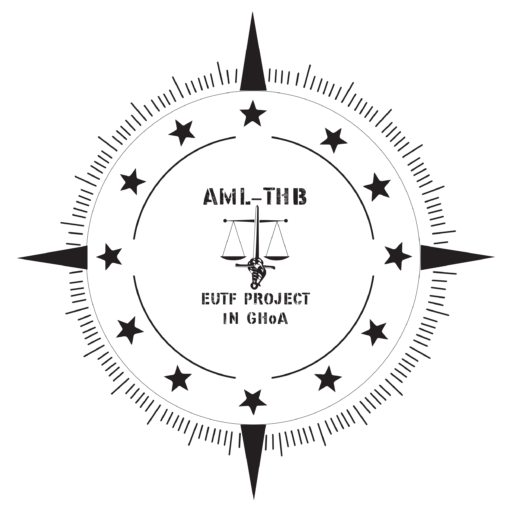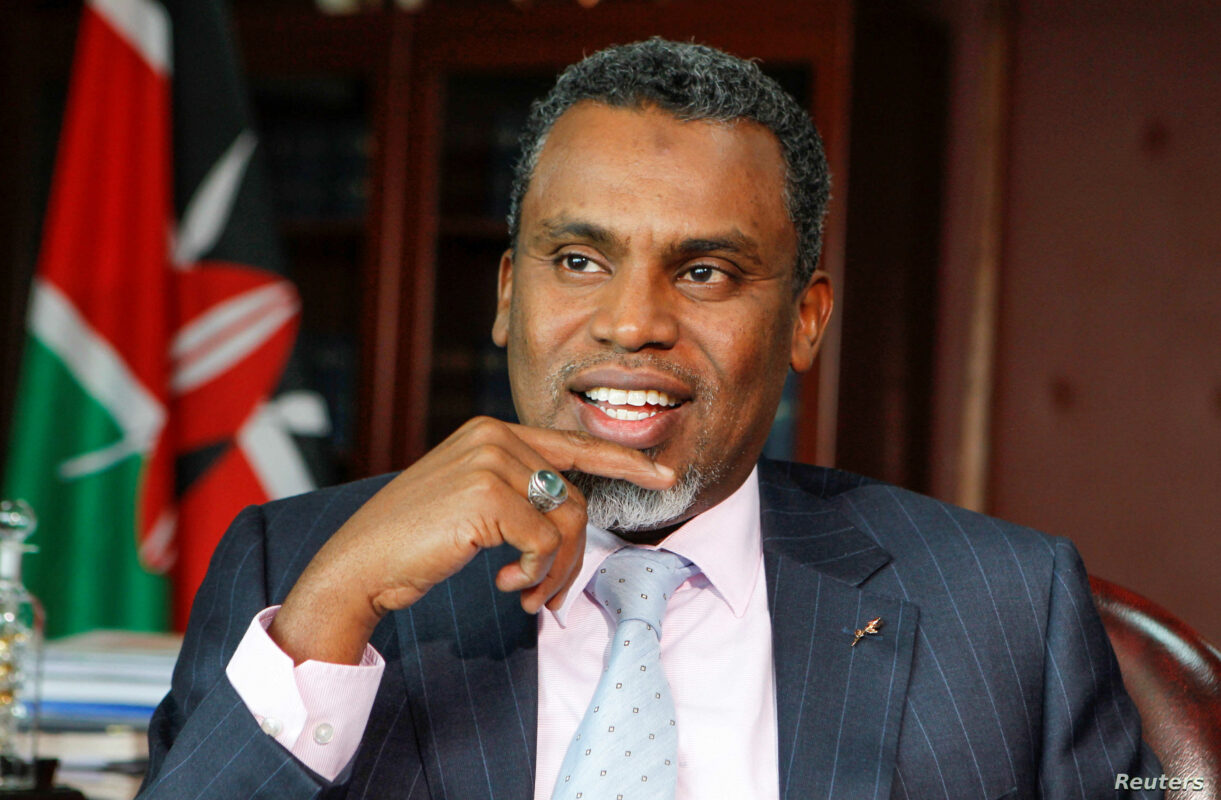I am honored this morning to be part of this important National Discourse on the Effective Use of Financial Evidence in Human Trafficking and Migrant Smuggling Investigation.
This training could not have come at a better time. Human Trafficking and Migrant Smuggling have a devastating effect on society and continues to cause havoc on key aspects of the State including Security, Economy, Health, and Rule of Law, to name a few. It is, therefore, critical that the criminal justice players develop multifaceted strategies to prevent, detect, investigate and prosecute perpetrators of these crimes, to the fullest extent of the law while protecting the victims of crime.
Strategies such as this joint training will enhance capacity among our Law Enforcement Officers and Agencies, while ensuring that they keep abreast with evolving trends of the Transnational Organized Crimes globally.
There is a need to have all the actors in the Criminal Justice System jointly trained, in order to appraise the officers and equip them with all the necessary skills, knowledge and expertise to combat these offences.
The Joint trainings will ensure that investigators know what aspects of the offence to look out for during their evidence collection, the prosecutors will know the elements and ingredients of the offences that need to be proved, and judicial officers will know what to look out for, to hold suspects culpable for the offences with which they have been charged with.
I applaud the European Union Trust Fund Project on Anti-Money Laundering and Trafficking in Human Beings for organising this training.
While many times Human Trafficking and Migrant Smuggling cut across many States, a number of jurisdictions in the Horn of Africa still do not have laws to effectively investigate and prosecute trafficking in persons and migrant smuggling offences. Therefore, Law Enforcement Officers have to rely on the existing inadequate and unclear legal frameworks which may not be helpful for the cooperation between States.
We are, therefore, required to develop responsive legal frameworks to enhance international co-operation and collaboration and further implement various strategies already put in place – such as recovery of assets and proceeds of crime.
In addition, evidence collection and preservation remain the single-most important challenge in the fight against human trafficking and migrant smuggling. Aside from the trauma suffered by victims, the process of evidence collection is many times impeded by other sociological and psychological barriers, including sociocultural differences and language barriers. Law Enforcement Officers are often required to work in settings unfamiliar to them and in communities and neighborhoods which not only distrust the authorities but are also socially and culturally difficult for investigators to access. I am therefore glad that this critical topic will be covered during this training.
The use of intelligence is increasingly essential in investigation of Transnational Organized Crimes; and Intelligence led investigations is critical to building watertight cases and realising our joint aim of disrupting organised criminal networks.
Financial Investigations is key to bringing perpetrators to book and getting justice for the victims. It is important however, that we are innovative in finding new ways to deal with evidence, ensuring it is properly collected, analysed, preserved and presented in court. We must adopt the follow the money approach to prosecute these crimes effectively and efficiently.
The ODPP has put a lot of effort in the fight against human trafficking and migrant smuggling. Other than being an active member of the National Counter-Trafficking in Persons Advisory Committee, we have made substantial progress in the prosecution of human trafficking. As at June 2020, we had registered 173 cases.
We have established and operationalised the Human Trafficking Unit that is mandated to prosecute the cases, assist in contact tracing, counselling of victims, collection of data and policy development. In addition, we have established the Proceeds of Crime Unit to recover proceeds of such crimes.
We have also developed a TOT Manual for Trafficking in Persons, to train prosecutors with requisite skills and expertise to effectively handle these crimes.
I cannot emphasize enough the importance and need for enhanced coordination and collaboration between law enforcement Agencies and Financial Intelligence Units in the fight against Human Trafficking and Migrant Smuggling. The aim is to detect the source, disrupt transit points and dismantle criminal networks of human trafficking cartels.
As the ODPP, we continue to work closely with the Directorate of Criminal Investigations (DCI), the Ethics and Anti-Corruption Commission (EACC), the Witness Protection Agency, the Kenya Revenue Authority (KRA), Department of Immigration Service, Asset Recovery Agency (ARA) in the prevention, detection, investigations and prosecution of human trafficking and migrant smuggling cases.
Finally, I wish to acknowledge our strong partnership with the Law Enforcement Agencies present, as this demonstrates the Government’s commitment towards a cohesive, collaborative and cooperative approach in improving the criminal justice system. Such a commitment is essential, especially with the evolving nature of crime, its transnational nature and the easy accessibility of borders by criminal networks.
As I conclude, allow me to express my gratitude to our partners – the EU, for the unwavering support towards improving the criminal justice system globally. We do not take your kind gesture for granted.
(This is an Abridged version of his speech, given during the opening of a training on Effective Use of Financial Evidence in Human Trafficking and Migrant Smuggling Investigation, held in Mombasa from 24-26 November 2020)

